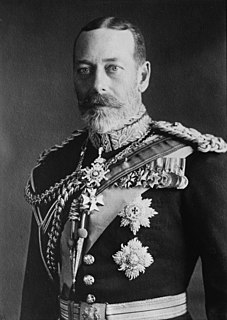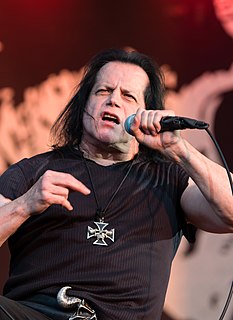A Quote by Patricia McConnell
I had a naïve idea that if I could tell the story, people would be outraged and do something about conditions in the jails.
Related Quotes
I honestly would tell anyone young to start looking at stories and learning story, because I think that’s the next step after people go, ‘OK, I’ve had enough of that improvisation, I’ve had enough of those short comedy bits. Tell me a story, tell me a more complex story, something that lasts and maybe has a little more meaning to it.’ Don’t ever look at what’s happening now; look at what’s coming next.
The format of the book was the idea of my wonderful editor, Stephen Segal. Stephen and I had worked together before, on projects for the Interstitial Arts Foundation, and when he got the idea for an accordion-style book, he called and asked if I could write the story for it. I told him that I would love to try! And I knew it had to be a love story, because that's the sort of story you really want to hear from both perspectives. I mean, imagine if Pride and Prejudice were told from Darcy's perspective as well as Elizabeth's. It would be quite a different story!
if I could tell my very-younger self something, I would tell him to let loose more often. I think it all roots in sexuality, but because of that, I became so worried about everything — worried about what people thought. I was afraid to be creative and charismatic and eccentric. Just to do things to do things, like dancing. I was afraid of looking too flamboyant or something. I would tell myself to stop being so stressed about what other people are thinking. Stop being so afraid that something may not come off the right way.
A story is a way to say something that can't be said any other way, and it takes every word in the story to say what the meaning is. You tell a story because a statement would be inadequate. When anybody asks what a story is about, the only proper thing is to tell them to read the story. The meaning of fiction is not abstract meaning but experienced meaning.
One of the things that I was kind of holding on to from 'The Daily Show' was there was an exhaustion that I would feel because we just kind of got caught up in the news cycle. You tell a story, and that's an interesting story, and then the next day we have to drop it and talk about something else. That's so unfair to the story and the people.
At the beggining of my career, for me the comedy circuit was a combination of desperation and the fact that it was something I could do. I sort of meandered and really had no idea what I was going to do with my life. I had a go at stand-up, and I was sort of okay at it. I'd say I'm the opposite of someone that has the urge to stand in front of strangers and make them laugh, but the idea of getting up and telling a story and people finding it amusing always appealed to me. So I'd say it was probably more about that than anything.
Al Gore wanted to tell people what they could listen to and what they couldn't, what they could record. It was basically coming down to the idea that he wouldn't let anybody record any music that he didn't think you should be doing. There was going to be an organization that would tell you what you could and couldn't record.



































